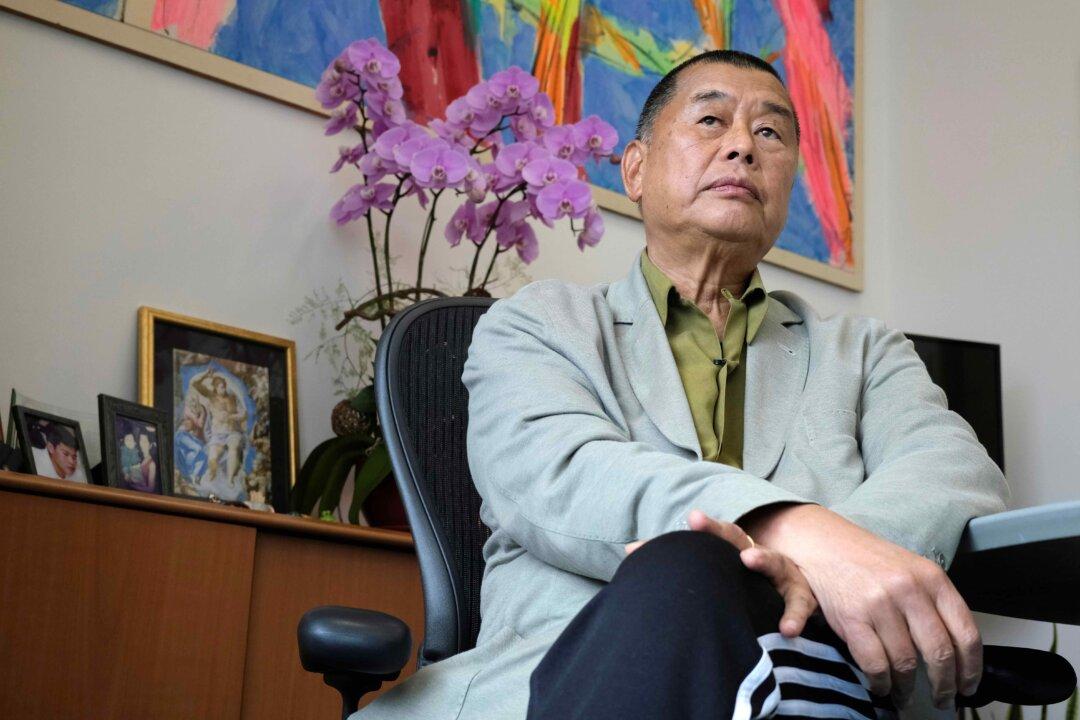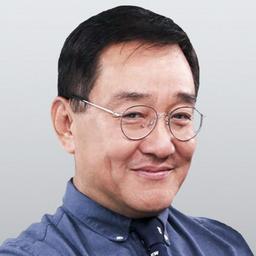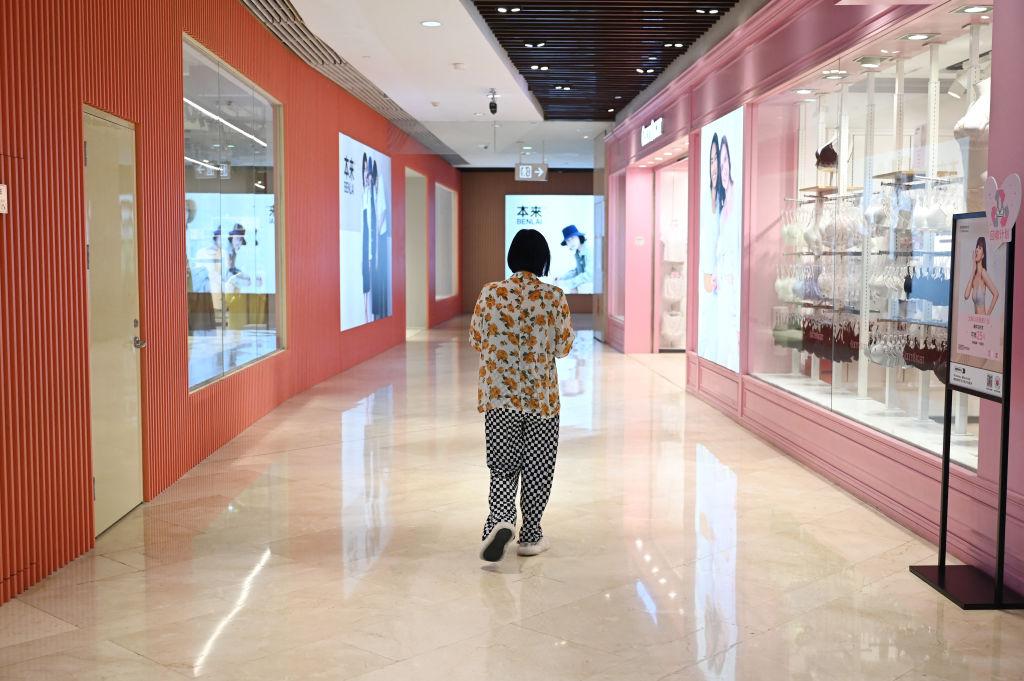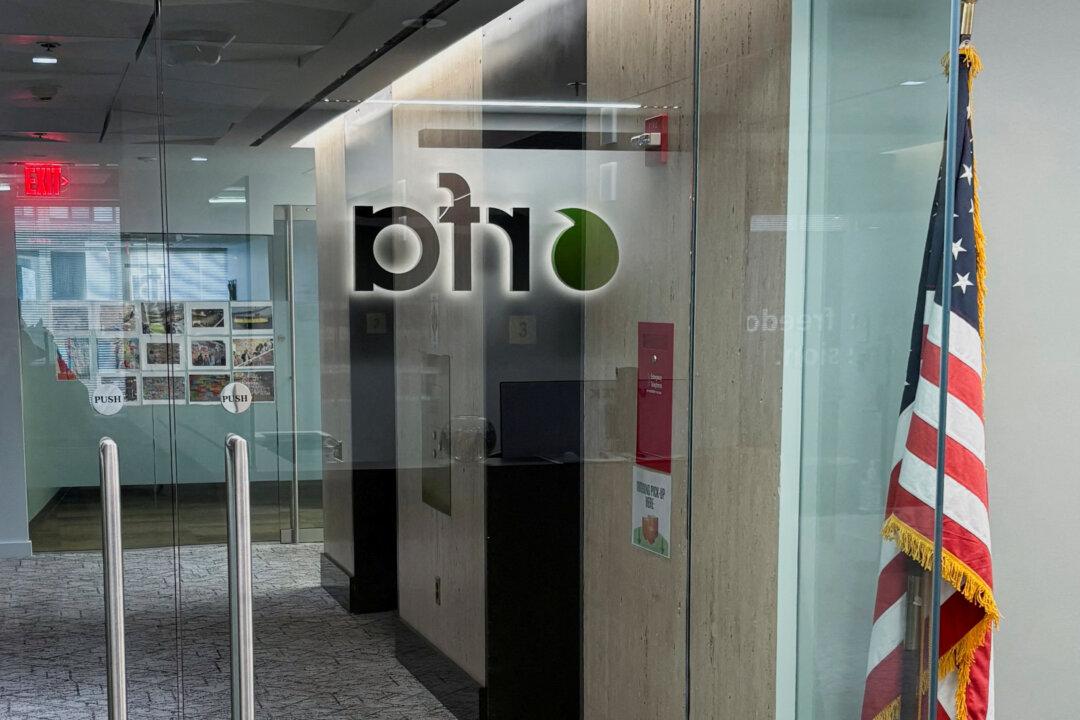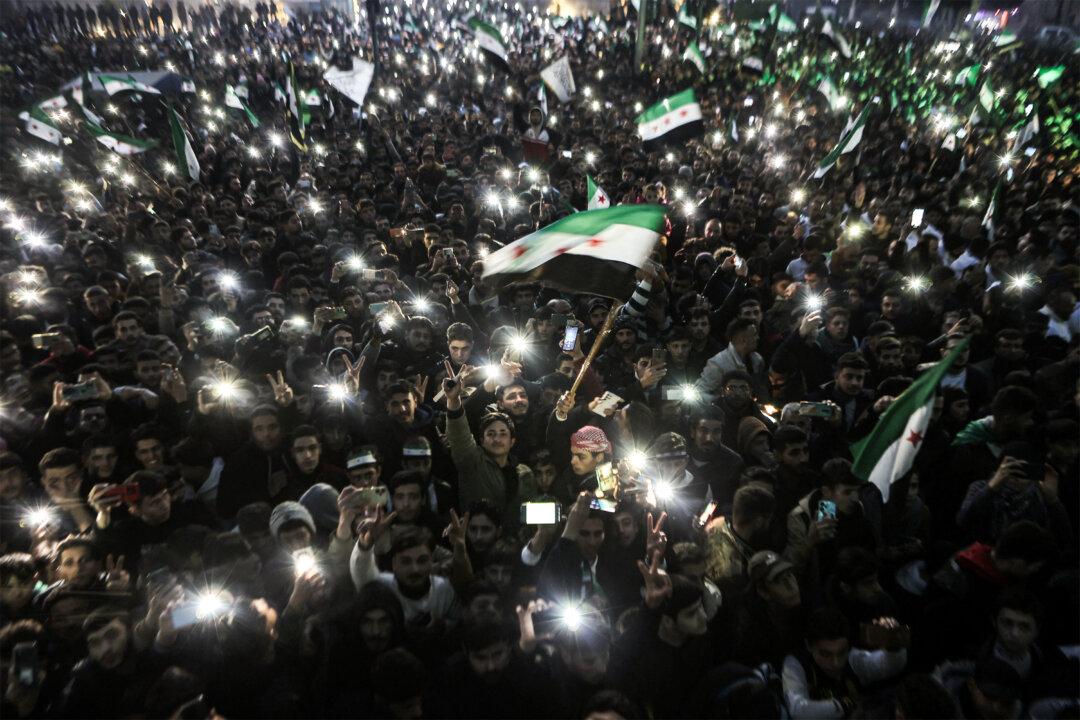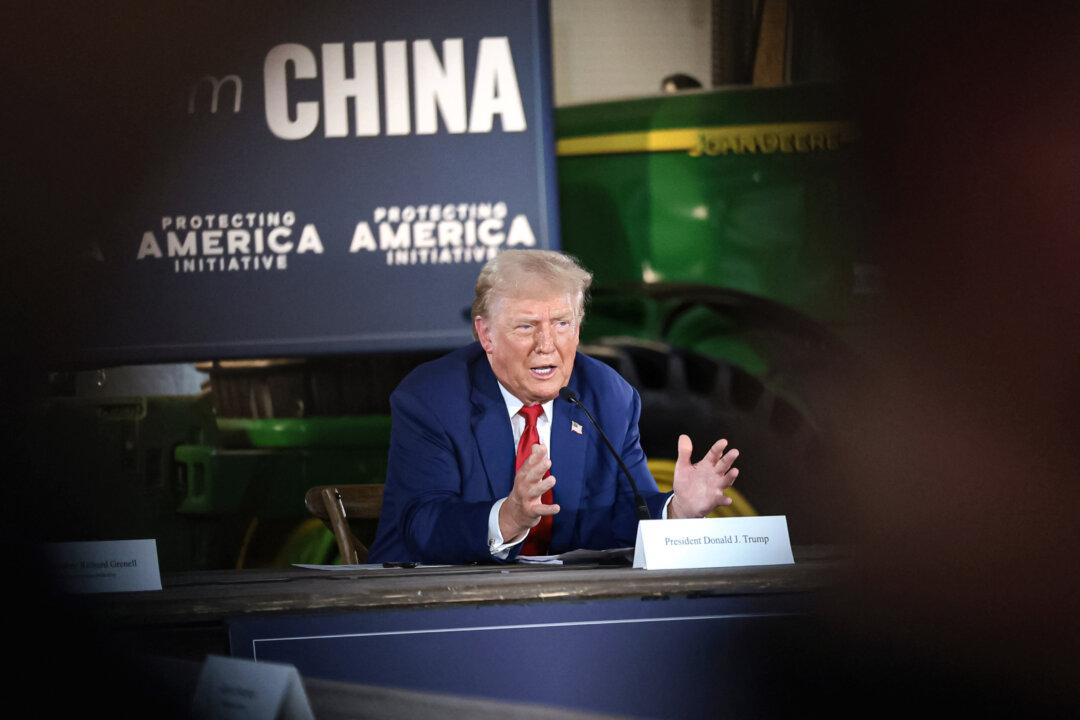Commentary
On April 1, better known as April Fools’ Day, a Hong Kong court issued an unjust but unsurprising verdict. Seven Hong Kong democratic leaders were convicted of organizing unauthorized assemblies. These refer to the mass pro-democracy marches that took place during the summer of 2019. The official sentences of the seven charged activists will be announced on April 16.
